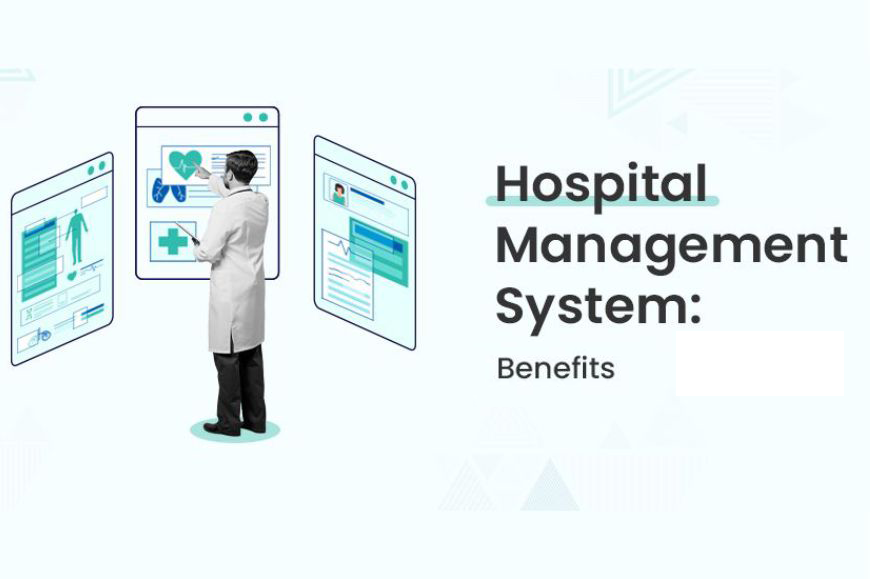What are the benefits of Hospital Management System?
A hospital management system (HMS) streamlines clinical, operational, and administrative aspects of healthcare facilities using a comprehensive software solution. It includes features like EHR, billing, appointment scheduling, inventory management, and patient information management. Implementing HMS reduces errors, increases efficiency, and optimizes patient care. It promotes collaboration, decision-making, and patient satisfaction, ultimately improving healthcare facilities.

1. Improved Efficiency:
HMS automates and digitizes various administrative tasks, such as appointment scheduling, billing, and inventory management, leading to increased operational efficiency and reduced paperwork.2. Improved Accessibility:
By providing a centralized platform for managing patient records, treatment plans, and medication histories, HMS facilitates quick access to critical information, enabling healthcare providers to make well-informed decisions and deliver better care.
3. Streamlined Workflow:
The system optimizes internal processes, from patient registration to discharge, by minimizing manual errors and delays. This results in a smoother workflow for healthcare professionals and staff.
4. Appointment Scheduling:
HMS allows for efficient appointment scheduling, reducing patient waiting times and improving the overall patient experience. Automated reminders can help reduce no-shows and improve appointment adherence.
5. Billing and Financial Management:
The system automates billing processes, helping to generate accurate and timely invoices. It also aids in managing financial transactions, insurance claims, and reimbursement processes, leading to better financial management for the hospital.
6. Inventory Management:
HMS assists in tracking and managing medical inventory, ensuring that essential supplies and medications are readily available. This helps prevent stockouts, reduces waste, and ensures timely procurement.
7. Accurate Record Keeping:
Electronic Health Records (EHR) within the HMS centralize patient information, making it easily accessible and reducing the risk of errors associated with manual record-keeping. This comprehensive record system aids in continuity of care and collaboration among healthcare providers.
8. Data Security and Privacy:
Hospital Management Systems typically come with robust security features to safeguard patient data. Compliance with data protection regulations ensures that patient privacy is maintained, and access to sensitive information is restricted.
9. Reporting and Analytics:
HMS provides tools for generating various reports and analytics, offering insights into hospital performance, resource utilization, and patient outcomes. This data-driven approach supports strategic decision-making.
10. Remote Access:
Many HMS platforms offer secure remote access, allowing healthcare professionals to access patient information and perform tasks from different locations. This can be particularly valuable for telemedicine and collaborative care scenarios.
11. Enhanced Communication:
The system facilitates communication among healthcare staff, reducing the likelihood of miscommunication. This is crucial for timely coordination and collaboration in a healthcare setting.
In summary, Hospital Management Systems contribute to the overall efficiency, accuracy, and quality of healthcare delivery. They play a pivotal role in modernizing healthcare administration and are essential for providing effective and patient-centered services.